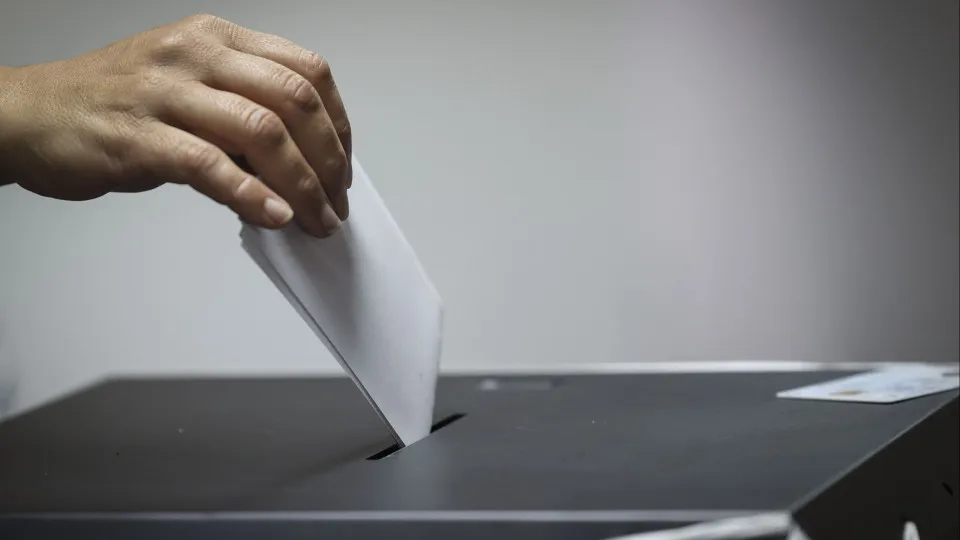
During a conference on the 2026 State Budget (OE2026) at the Portuguese Catholic University, Cláudia Reis Duarte asserted that the correct approach for presenting and discussing tax policy measures is to do so independently, separate from the budgets, rather than within the legislative proposals of the OEs.
“The budget is intentionally very lean on tax measures or budgetary riders,” she stated, emphasizing the Government’s standpoint that the OE “is not, nor should it be, the venue for reforms or sectoral policies, particularly fiscal ones, as has historically been the practice.”
“A budget should not include the so-called budgetary riders,” reinforced Cláudia Reis Duarte at the opening of the conference, shortly after UCP law professor Sérgio Vasques, former Secretary of State for Fiscal Affairs in the last government of José Sócrates, described this OE as a “lean” budget devoid of fiscal measures.
According to Cláudia Reis Duarte, “the State Budget is seen by the Government as a tool for planning and managing public finances, which is why it should limit itself to this function and vocation: a tool for planning and managing public finances.”
“Budgetary riders are measures that, having nothing to do with financial management, ‘hitch a ride’ on the budget and are discussed within this legislative process,” which results in limited discussion, she stated.
The Secretary of State acknowledged that OE2025 still contained “some budgetary riders, as the context demanded it, namely some measures resulting from the social concertation agreement signed just days before the budget,” but stressed that this year is different, as tax policy options are being debated and approved independently.
As examples of measures being discussed separately from the OE, the Secretary of State cited the reduction of the IRC rate to 19% in 2026 and the new VAT regime for economic groups, which were approved this week in the specialty.
The Secretary of State listed several other initiatives being prepared by the Government, such as the tax procedure reform or the creation of the General Regime of Public Administration Fees, which she hopes will be approved in 2026.
In the subsequent debate at the same conference, PSD deputy Hugo Carneiro expressed that “the discussion is much richer” if the OE is “lean,” as it allows initiatives with true value (such as an IRC reduction or a legislative package on housing) to be debated by deputies autonomously. In this way, he said, citizens can “understand much better” what is being debated in parliament.
The deputy recalled the times when the PS government, along with PCP, BE, and PEV, included “everything conceivable and inconceivable” in the OE, and for the parliamentarian, “the OE discussion is not meant for this.”
IL deputy Rui Rocha, former president of the party, stated that he understands the Government’s intention to make the OE2026 discussion “relatively dull” by presenting measures outside of it. However, he argued that a budget “still has a political dimension” regardless of some budget-impacting measures being inside or outside the initiative, as the balance “surely results from these political intentions and realizations.”
PS deputy Carlos Pereira centered his critiques on the executive’s economic and financial strategy, considering it “empty.” “We are very close to having a deficit” and a lack of significant economic growth,” contrary to what PSD and CDS promised, he asserted.




